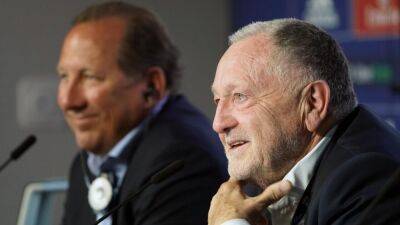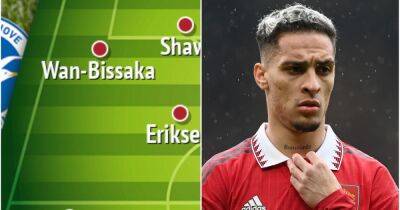Warring football fans in São Paulo call a truce – for the most unusual reason
I n a place that is so passionate about football and where society can be so violent – there are more murders in Brazil than in any other country in the world – it is no surprise that bloody and even fatal confrontations between rival fans are common. With so many big clubs and intense derbies in São Paulo, the biggest city in the southern hemisphere, you might expect there to be regular clashes between supporters. That was the case until recently, but something has changed in the last few months.
Fan violence was a huge problem in São Paulo a decade ago. In 2015, eight members of a Corinthians fan group were murdered by gunmen while they enjoyed a BBQ and prepared flags for their upcoming derby against Palmeiras. During another derby between the two sides, a fan stole a police officer’s gun during a riot outside Palmeiras’ ground.
The final straw came on 3 April 2016, when Palmeiras and Corinthians met at the Pacaembu stadium. There were fights before and after the match; the vandalism around the city was severe; and a fan was killed in an eastern suburb nearly 20 miles away from where the game was played.
The authorities reacted by bringing in the Torcida Única ruling, which stated that only home fans could attend a clássico between any of the “big four” clubs in São Paulo – Corinthians, Palmeiras, Santos and São Paulo. The rule has been in place for the last seven years, but it has not been effective.
Even before the first game it covered – a São Paulo state championship semi-final between Santos and Palmeiras in April 2016 – the then-Palmeiras president Paulo Nobre warned that it would “not put an end to violence in football because the problems do not occur inside the stadium”. He has been proven right. In July





